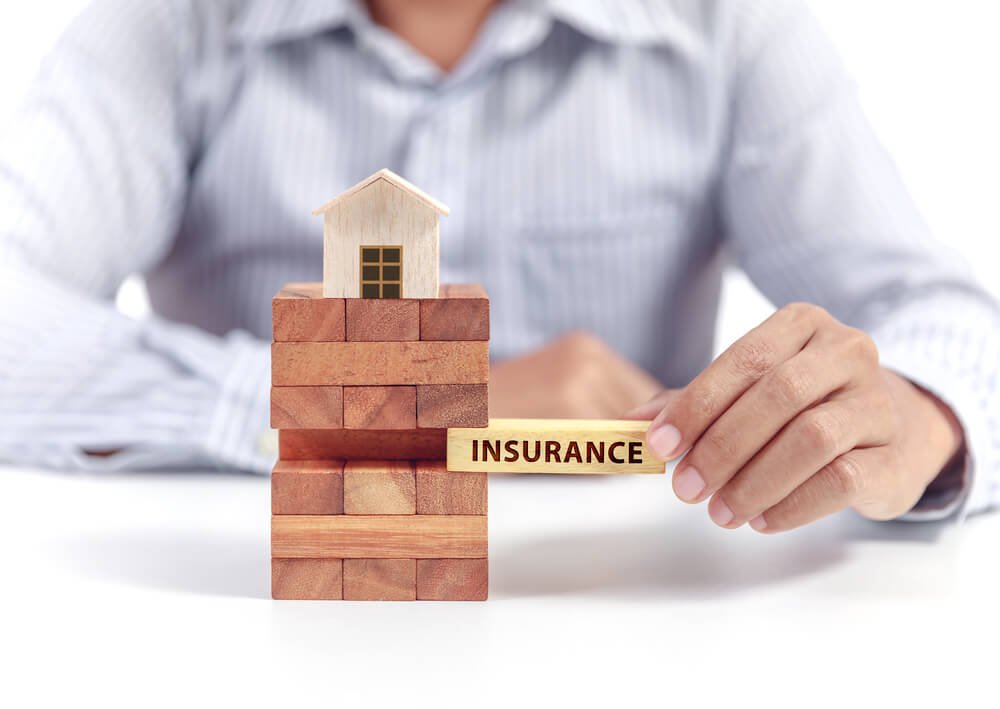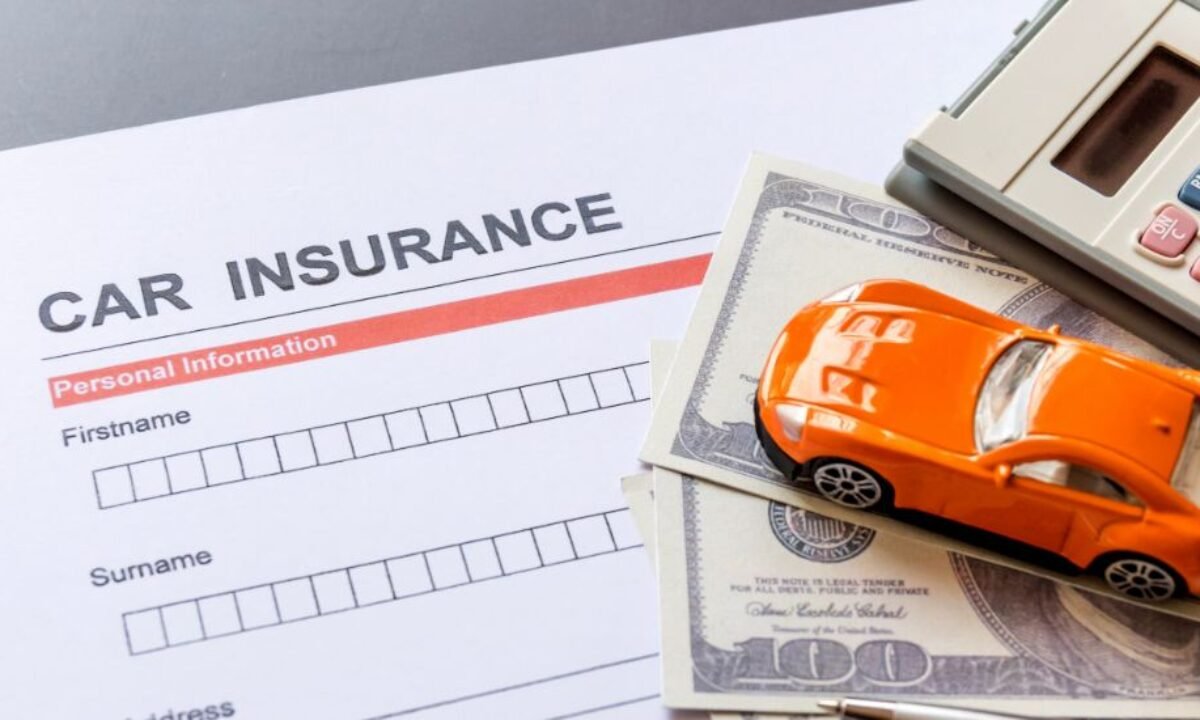Ohio’s diverse geography and unpredictable weather patterns make it susceptible to various natural disasters, including flooding. For RV owners in the state, understanding how insurance policies address flood-related damages is crucial.
Understanding RV Insurance Coverage
RV insurance, akin to auto insurance, offers protection against a range of risks. The primary components of RV insurance include:
- Liability Coverage: Covers damages or injuries you cause to others while operating your RV.
- Collision Coverage: Pays for damages to your RV resulting from a collision, regardless of fault.
- Comprehensive Coverage: Protects against damages not involving a collision, such as theft, vandalism, fire, and natural disasters.
- Personal Effects Coverage: Covers personal belongings inside the RV, like electronics and clothing.
- Full Timer’s Coverage: Designed for those who live in their RV full-time, offering additional protections.
Flooding and Comprehensive Coverage
Flooding can cause significant damage to RVs, especially in areas like Ohio, where spring rains and snowmelt can lead to swollen rivers and flash floods. Comprehensive coverage typically includes protection against flood damage. However, it’s essential to verify the specifics with your insurer, as policy terms can vary.
For instance, Progressive notes that comprehensive coverage may cover water damage caused by flash floods and external sources of water for both recreational and full-time RV insurance policies.
Factors Affecting Coverage
Several factors can influence whether flood damage is covered under your RV insurance:
- Policy Terms: Always review your policy to understand exclusions and limitations.
- Maintenance: Damage resulting from lack of maintenance, like leaks from old seals, may not be covered.
- Location: Living in a flood-prone area may affect coverage options and premiums.
- Loan Requirements: If your RV is financed, the lender may require comprehensive coverage, including flood protection.
Steps to Take if Your RV Is Flooded
If your RV sustains flood damage:
- Ensure Safety: Avoid entering the RV if floodwaters are still present.
- Document Damage: Take photographs of all visible damage for insurance purposes.
- Contact Your Insurer: Report the damage promptly to initiate the claims process.
- Mitigate Further Damage: If safe, take steps to prevent additional harm, like removing valuables.
- Professional Assessment: Have a professional assess the structural integrity of the RV before attempting repairs.
Additional Considerations
- Mold and Mildew: These can develop quickly after flooding. Some insurance policies may cover mold remediation if it’s a direct result of a covered peril.
- Temporary Living Expenses: If your RV is uninhabitable, certain policies may cover additional living expenses.
- Flood Insurance: Standard RV insurance may not cover all flood-related damages. Consider purchasing separate flood insurance, especially if your RV is stored in a flood-prone area.
Frequently Asked Questions (FAQ)
Q1: Is RV insurance required in Ohio?
A1: Yes, Ohio law requires liability coverage for RVs. However, comprehensive coverage, including flood protection, is optional unless mandated by a lender.
Q2: Does comprehensive coverage cover all types of flooding?
A2: Generally, yes. Comprehensive coverage typically includes protection against flood damage. Always check your policy for specific terms.
Q3: Will my RV insurance cover mold damage after flooding?
A3: Coverage for mold depends on the policy. Some insurers may cover mold remediation if it’s a direct result of a covered peril.
Q4: Can I add flood coverage to my existing RV insurance?
A4: Yes, many insurers offer endorsements or separate flood insurance policies that can be added to your existing coverage.
Q5: How can I prevent flood damage to my RV?
A5: Regular maintenance, proper sealing, and storing your RV in a safe location can help mitigate flood risks.
Conclusion
Flooding poses a significant risk to RVs in Ohio. Understanding your insurance coverage and taking proactive measures can help protect your investment. Always consult with your insurance provider to ensure you have the appropriate coverage for your needs.
Read More:
- How to Become a Licensed Insurance Agent in Indiana: A Complete Guide
- Is Collision Insurance Required in Florida? A Detailed Guide
- How to Become a Captive Insurance Agent in New Jersey: New Guide
- The Ultimate Guide to Home Insurance in Florida
- Will Homeowners Insurance Cover Window Replacement in Ohio?



